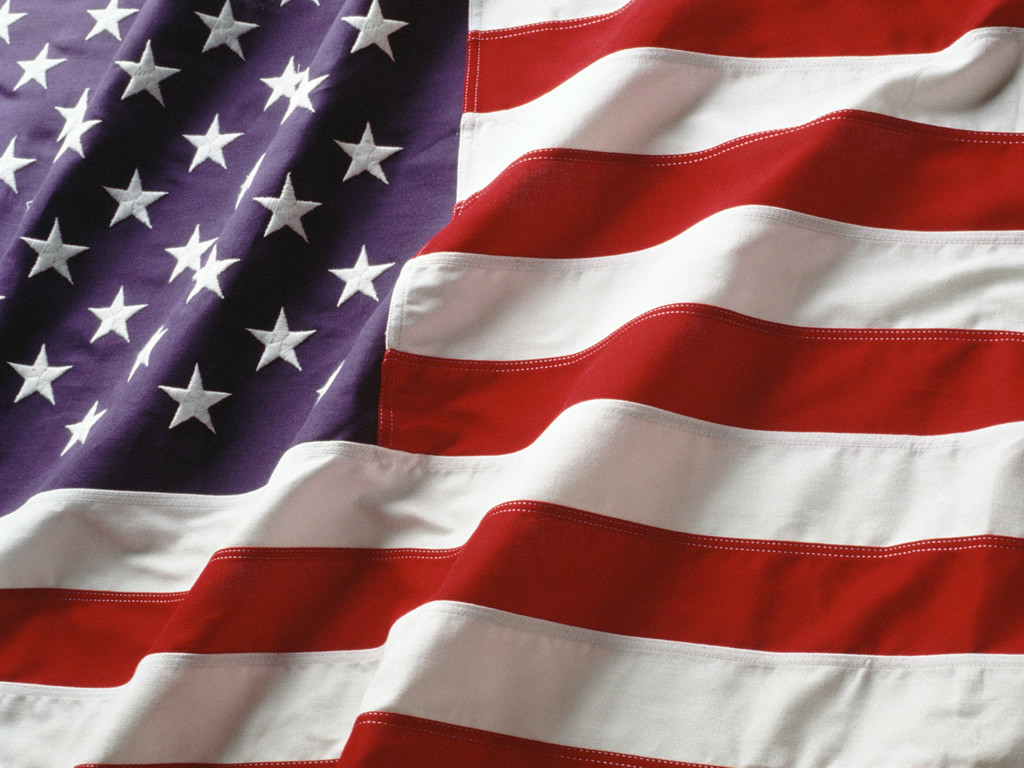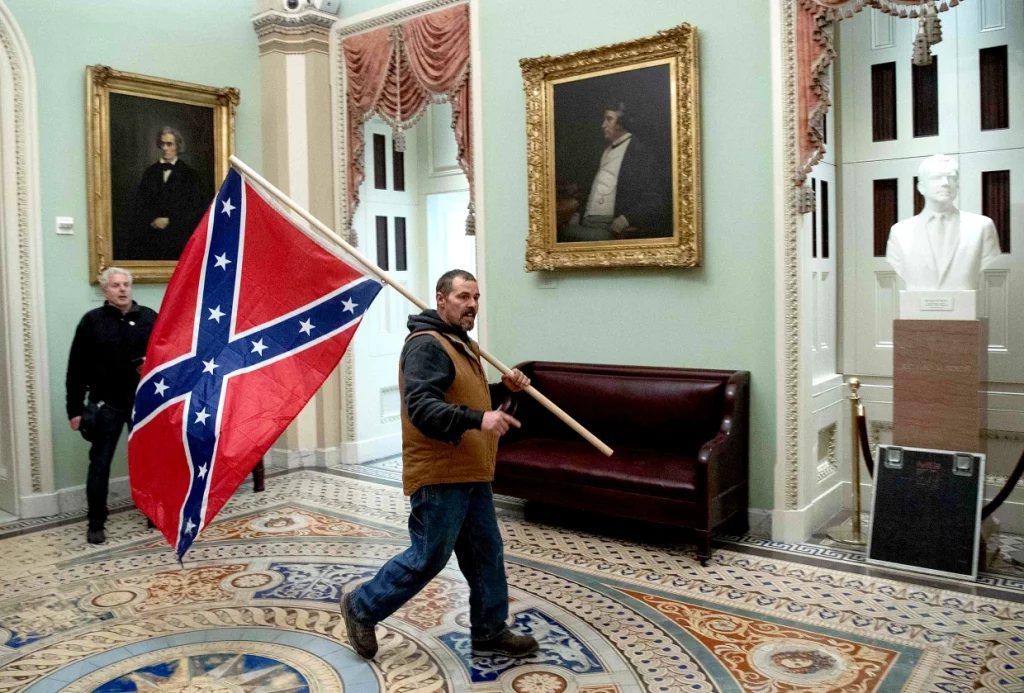
My dad was an extrovert—he would talk to anyone, anywhere, about anything. Sometimes it was annoying, sometimes embarrassing, always it was just dad being dad. The rest of us in the family are introverts to varying degrees but I am my father’s son: I, too, will talk to anyone, anywhere, about anything. And more than anything else, accents will get me started … though I find myself increasingly inept at identifying them.
And so it was that accents were the opening for a conversation with a couple next to me at a coffee shop recently. Of course, they insisted that I guess where they were from; and of course, I was wrong. Twice. (I started with South Africa, then went to New Zealand, before correctly landing on Australia.)
The iced coffee having been broken, they dove right in: What do you love about America? It was an honest, probing question with no hint of malice toward the nation they were touring for weeks, if not months. (They briefly described an itinerary that had them visiting national parks from the southeast to California and back to the northeast.)
My hesitation in answering was revealing, both to them and to myself. It’s not that I don’t love America; it’s just that there’s so much not to love these days. Tucked between a depressing presidential debate and the nation’s 248th birthday, our deeply honest conversation began with three things I am grateful for as an American: *opportunity, *innovation, and *freedom. Each is a real strength inextricably connected to the others and each demands an asterisk, like a speed record aided by tailwinds or a home run record tainted by performance-enhancing drugs.
*Opportunity. Since long before her birth, America has been known as the land of opportunity. Vast landscapes invite farming and ranching, urban development and exploration. Thirteen years of “free” education for both boys and girls. (Mostly) equal rights, irrespective of gender, race, politics, religion, and so on.
The asterisk here is best summarized with the Orwellian line, “All animals are equal, but some animals are more equal than others.” In spite of the Declaration of Independence’s bold claim that “all men are created equal,” slaves were not counted as equal even for census purposes for the first century of America’s existence. While opportunity in schools, sports, business, politics is theoretically unlimited, any number of factors still raise practical barriers for whole swaths of our citizenry. Clearly we are still a work in progress.
*Innovation. There is some question about who first suggested the idea of “adapt or die,” but it is an appropriate way to describe the endurance of what George Washington once described as a great experiment. Whether in politics or manufacturing, energy or healthcare, when America has faced crisis, her ability to innovate and adapt has ensured her survival. And yet this innovation has been practiced on our foundational rule of law, the Constitution, that has been amended only 17 times since the Bill of Rights was ratified in 1791. It would seem that our Founding Fathers were not only innovative but also wary of excessive innovation; or at least they knew that innovation requires a strong and stable foundation.
The asterisk to innovation is the individualism it breeds. Though our money still declares “in God we trust,” a truer motto would be “in ourselves we trust” or the more common sentiment, “pull yourself up by the bootstraps.” Innovation breeds differentiation, which in turn breeds competition, suspicion, division. In the experiment that we call the United States, there is an ongoing tension between “united” and “states.”
*Freedom. America’s greatest strength is undoubtedly her freedom. Not only the specific freedoms enshrined in the Constitution—speech, religion, press, assembly, and the right to petition the government—but the broader environment of freedom that stems from those. We have the freedom to choose where to live, where to attend college, what type of work to do. We have the freedom to leave when we want and to return when we want. We even have freedom to do things that may not be healthy for us.
The asterisk on freedom is the incredible cost and immense responsibility that come with it. Freedom, of course, is never unlimited. Freedom of speech may include the freedom to lie, but not when the lie causes harm to someone’s reputation (defamation). Freedom of assembly includes anti-government rallies, but not when the rallies turn into riots. Freedom with limits is little more than anarchy.
Freedom may be America’s greatest strength, but it is also her greatest challenge. This is the most frequent theme when I talk with people in or from other nations: the social cost of freedom. On American news they see rampant crime, gun violence, political and religious scandals; they see rising division in our nation and candidates in a presidential debate (I use both terms—presidential and debate—very loosely) who sound more like junior high boys arguing on a playground about who is toughest. I long for the day when our nation finally awakens to the incredible cost—no, the insane cost—of our freedom to “keep and bear arms.”
Is this the best we have?
The second question asked by my new acquaintances from Down Under was phrased more incredulously: in a land of 350 million people, is this really the best you can offer the world? They recognize what so many others both at home and abroad know: for better or worse, America is a world leader. And also for better or worse, the individual we elect to lead our nation will be a de facto world leader.
One headline after last week’s debate was telling: one disappointed, one lied and deflected. And in four months, we have to choose between these two? This is the curse of our two-party system and reveals the lie spoken by so many well-meaning parents and pundits, that anyone can be president. If only that were true. If only, come the first Tuesday in November, America could write in anyone other than the two men whose names will be at the top of the ballot.
I know there are many Americans who don’t like our elevated place in the world, or at least don’t like the significant cost of that role to our own nation. But the fact is that we are a world leader and will be a world leader until we either hide ourselves under a rock or continue to behave so ludicrously that we become a laughingstock and a shadow of our once-great nation. And the cost of allowing either of those to happen will be exponentially greater in every way.
So what do I love about America? I love that in four years, we will have two different candidates. I love that—in spite of my profound concerns about what will happen in our nation and the world over those four years—I can still have hope that these United States of America will rise above where we are today.
Don’t let me down, America. Don’t let me down.


